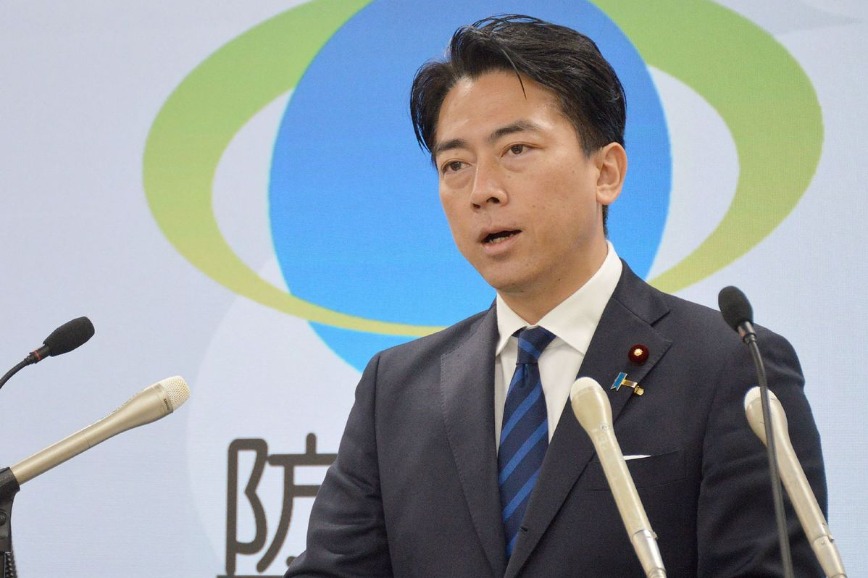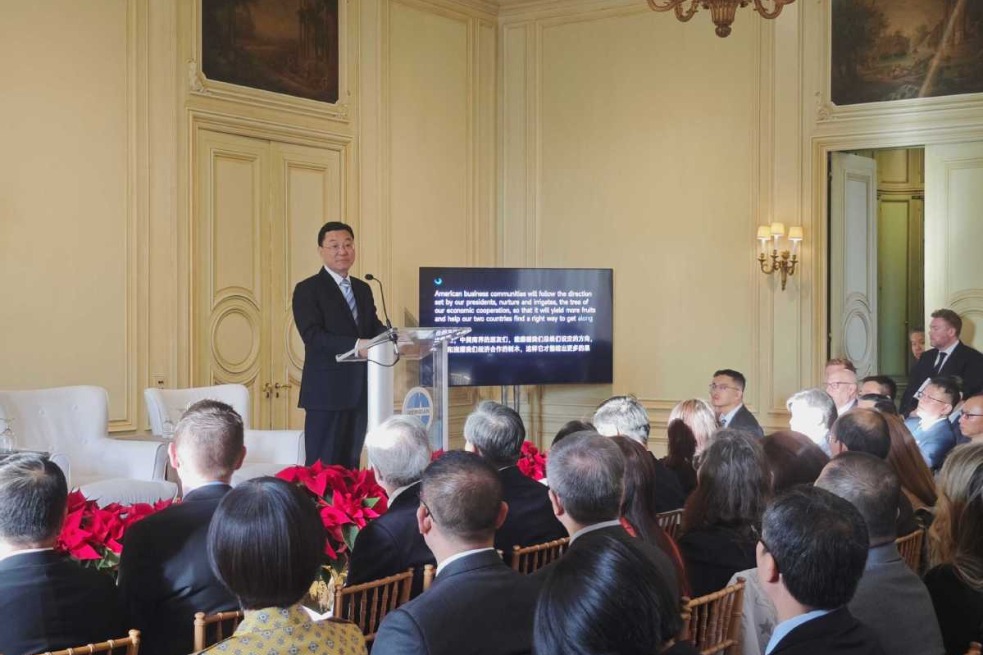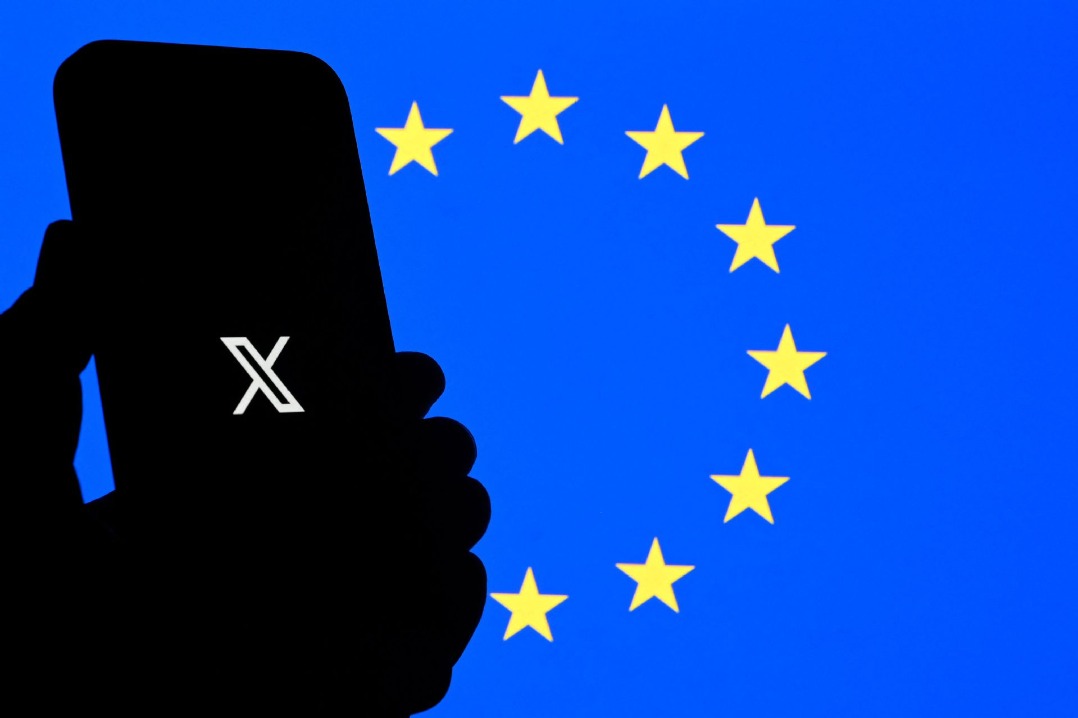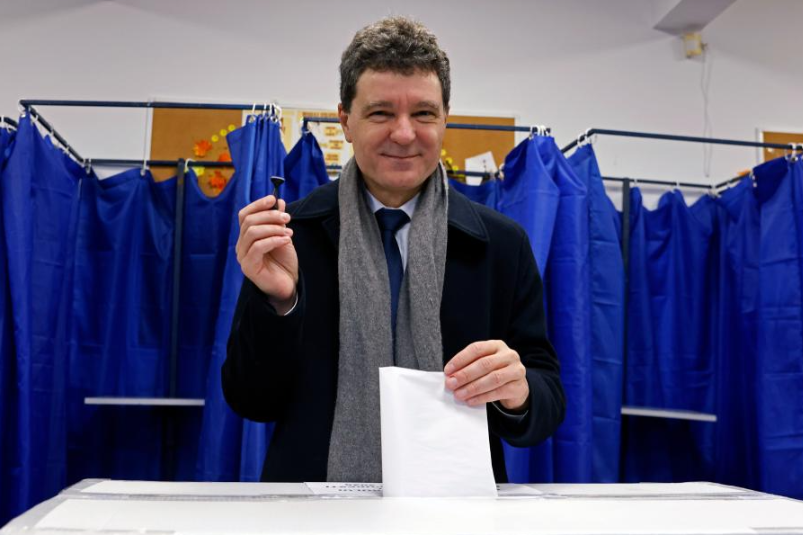Russia-Ukraine conflict can only be resolved politically

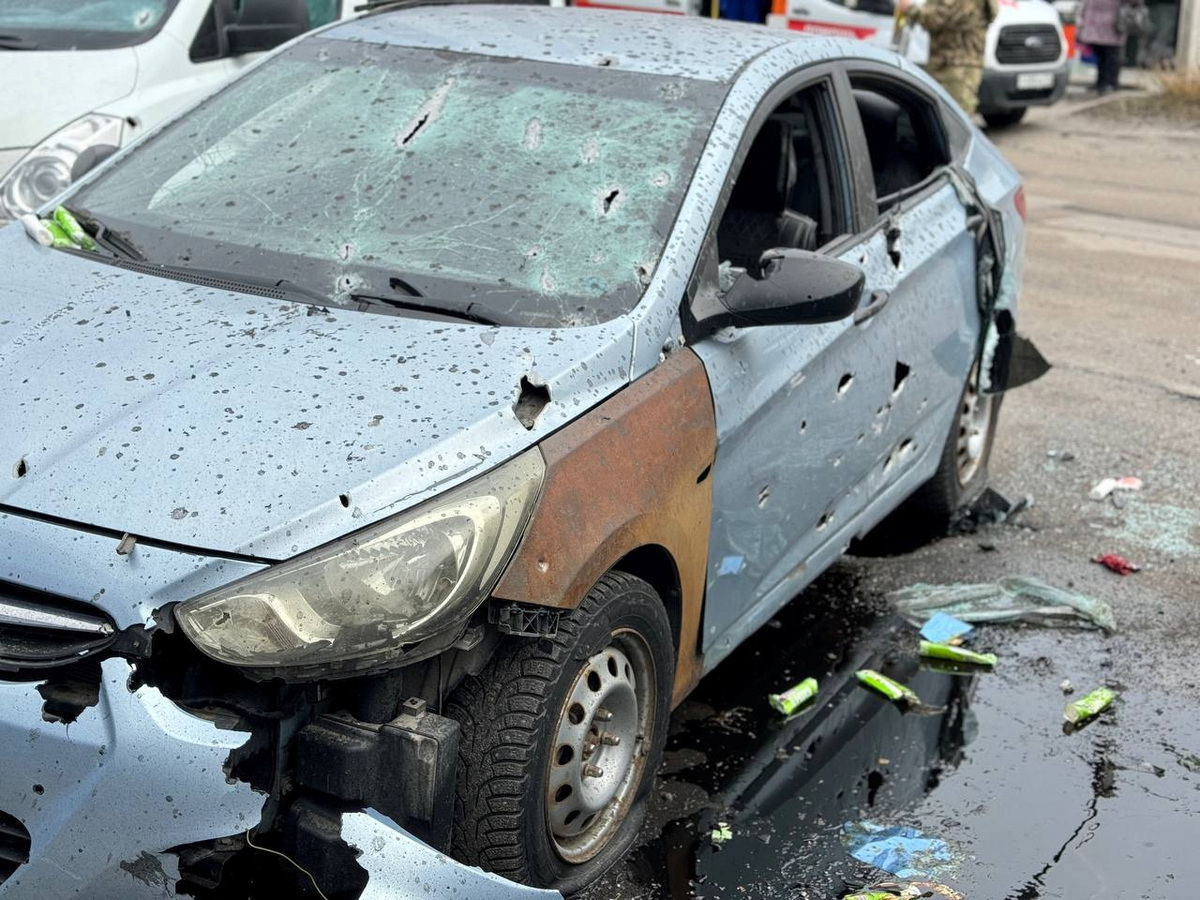
The Russia-Ukraine conflict has been dragging on for two years, and the current situation on the battlefield remains a stalemate.
In February last year, on the one-year anniversary of the onset of the conflict, China issued "China's Position on the Political Settlement of the Ukraine Crisis". The document set forth 12 stances: respecting the sovereignty of all countries, abandoning Cold War mentality, ceasing hostilities, resuming peace talks, resolving the humanitarian crisis, protecting civilians and prisoners of war, keeping nuclear power plants safe, reducing strategic risks, facilitating grain exports, stopping unilateral sanctions, keeping industrial and supply chains stable, and promoting post-conflict reconstruction.
One year later, the progress in politically resolving the Russia-Ukraine conflict has been very limited, and the changes on the battlefield have been equally limited. This year the conflict, apart from causing more casualties and property damage, has seen almost no substantive change. According to data separately compiled by Russian and Ukrainian civil organizations, since the start of the conflict, Russian military casualties have exceeded 320,000, while Ukrainian military casualties are estimated at around 250,000.
The conflict has reached a deadlock because internally, the conflicting parties are locked in a zero-sum struggle over territorial disputes, while externally, NATO continues to provide military aid to Ukraine.
The focus of the Russia-Ukraine conflict has become an irreconcilable territorial dispute between the two countries. In October 2022, Russia declared that four occupied regions of eastern Ukraine — Luhansk, Donetsk, Kherson and Zaporizhzhia — are part of Russia.
Perhaps as a countermeasure, in January 2024, Zelensky signed a presidential decree declaring parts of the Russian southern regions bordering Ukraine, such as Krasnodar, Belgorod, Bryansk, Voronezh, Kursk and Rostov, as Ukraine's "historical territories".
The most dangerous change in the conflict over the past year has been the increasing frequency of Ukraine's attacks on Russian territory. In December, Ukraine launched its largest-scale air raid on the Russian city of Belgorod since the start of the conflict. The Russian Ministry of Defense claimed that the attack used internationally banned cluster munitions, resulting in 25 deaths, including children, and more than 100 injuries. On Jan 24, a Russian Il-76 military transport plane crashed in the Belgorod region. The Russian Ministry of Defense said that it was shot down by a Ukrainian missile. All 65 Ukrainian prisoners of war on board, who were prepared for a prisoner exchange, and nine Russian personnel were killed.
During the Russia-Ukraine conflict, NATO's military aid to Ukraine has been very important. But two years on, NATO members have generally experienced "aid fatigue" for Ukraine, characterized by increased domestic disagreement, insufficient military-industrial capacity, and disappointment with the situation in Ukraine, leading to a sharp decline in aid amounts. From August to October 2023, the assistance pledged by various countries to Ukraine amounted to 2.11 billion euros ($2.27 billion), nearly a 90 percent decrease compared with the same period in 2022.
Against this backdrop, NATO plans to conduct a military exercise in Europe called Steadfast Defender 2024. This four-month-long exercise will involve 90,000 participants, making it the largest military exercise in Europe since the end of the Cold War. The Steadfast Defender exercises are held every three years, and the 2021 exercise significantly worsened the security situation in the Black Sea region, contributing to the escalation of the Russia-Ukraine conflict.
NATO has always explicitly excluded the possibility of direct involvement in the Russia-Ukraine conflict, but the military exercise will further deteriorate the security situation in Europe, and the risk of an accidental clash between NATO and Russia has increased.
From a rational and humanitarian perspective, the Russia-Ukraine conflict can only be resolved politically. Continuing the conflict will not only cause both parties to pay a higher price, but will increase the risk of expanding the scope of the conflict, escalate the means of warfare and raise the chances of collateral risks. It is also unlikely to enable either side to achieve its objectives.
In terms of politically resolving the conflict, China's position is the correct direction, reflecting the true responsibility of a major power. The international community should do everything possible to get the two countries to agree to a cease-fire as soon as possible and resolve disputes through negotiations, rather than using the situation to achieve their own purposes. No country can truly gain sustainable benefits from the disaster of another.
The author is deputy director of the Chinese Academy of Social Sciences' Institute of Russian, Eastern European and Central Asian Studies.

















